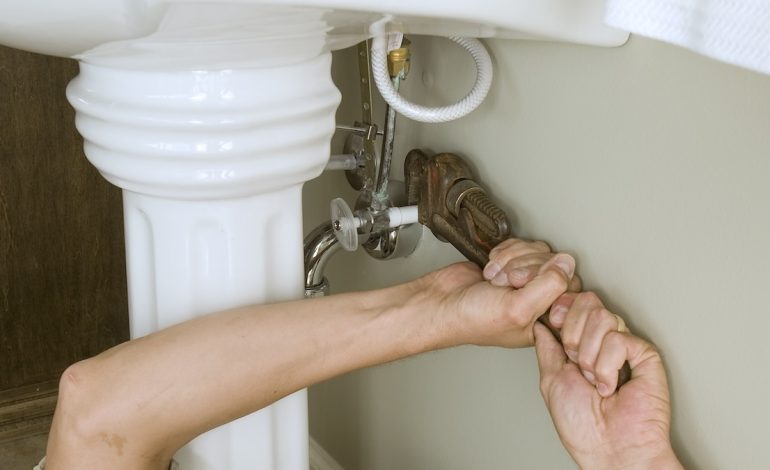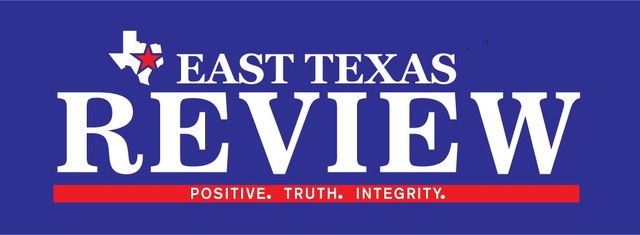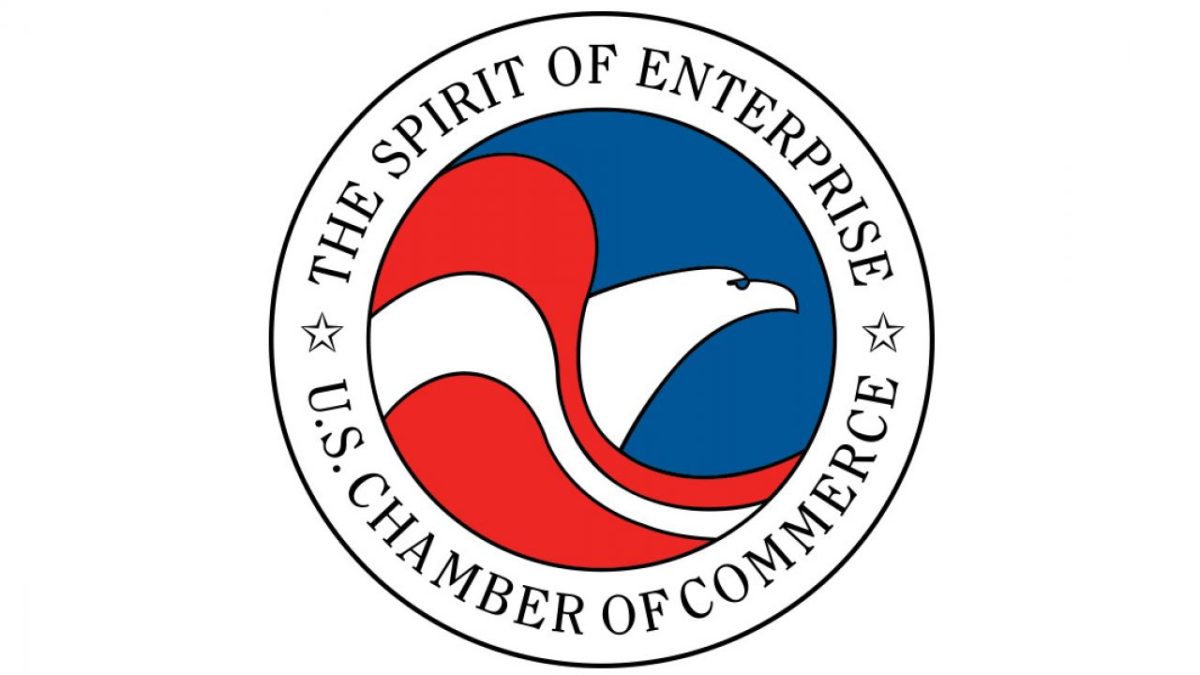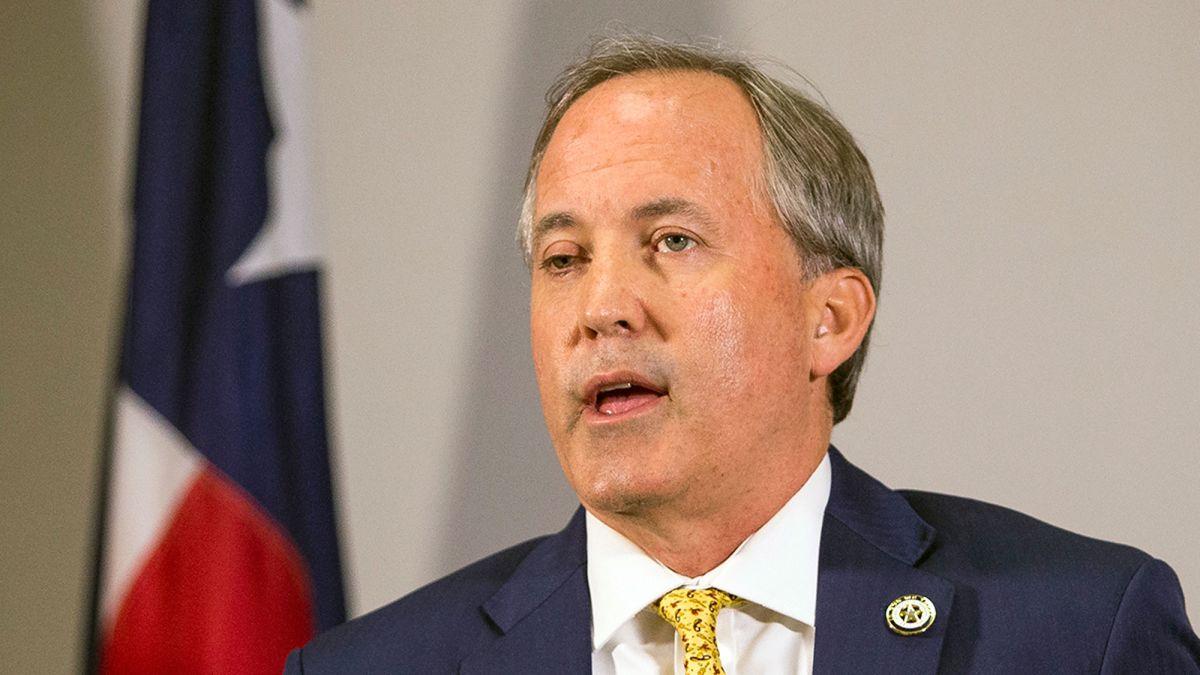
Don’t let your money go down the drain

Courtesy photo.
By Michele Mills
Whether you own or rent your home, at some point, you are going to have a plumbing issue. Plumbers are often in high demand. One recent study reported that more than one-third of U.S. homeowners have called a plumber in the last two years. That same study found that 7 out of 10 individuals unsuccessfully tried to fix a plumbing issue themselves. Consequently, they had to call a professional. Whether it is a running toilet or a burst pipe, how you react in an emergency is important to fixing the problem.
Better Business Bureau (BBB) recommends the following tips to help with your plumbing project or deal with an emergency plumbing disaster:
Plan. Know your plumbing system before disaster strikes. Locate the main water valve as well as all isolation valves on the individual lines. Purchase plumber’s tape and keep it alongside a plunger and some wrenches.
React. As soon as you realize there is a problem, shut off the main water valve or the isolation valve to stop the water flow. If you turn off the main water valve, remember also to turn off the water heater or set it on pilot to prevent hot water from building up inside.
Get several estimates. There are many variables in pricing for different plumbing companies. Check if the estimate is a flat rate, including materials, or if materials will be charged separately. Make sure it is clear what the estimate includes. Contact several plumbers to obtain detailed written estimates for your project. Compare the estimates to understand the scope of work, costs, and any potential variations. Be cautious of unusually low or high estimates and ask for clarification if you need further understanding. Use BBB’s Get a Quote tool to get estimates from several BBB Accredited Plumbers.
Research and read reviews. Before deciding, research potential plumbers online on BBB.org and read customer reviews. BBB profiles often include customer feedback, ratings, and any reported complaints. This information can provide valuable insights into the company’s track record and customer experiences.
Ask before you buy. You may want to buy fixtures or products for your plumber to install. Check with the plumber first to ensure they are willing to do this, as some companies do not provide this service. If you buy the products, look for items with the Uniform Plumbing Code stamp or approval from The National Sanitation Foundation (NSF). If the product fails, you may be responsible for removing or fixing it, not your plumber.
Verify licensing and insurance. Check that the company is licensed and properly insured. A licensed plumber has met certain requirements and possesses the necessary skills to perform quality work. Insurance coverage protects you and the plumber in case of accidents or damages during the project.
Dealing with plumbing issues is never any fun, but it’s important to be prepared when a situation arises. Go to bbb.org to find a plumber you can trust. For more information on hiring a plumber, head to the Plumbing HQ or review BBB’s plumbing industry report. BBB Accredited plumbers adhere to BBB’s Accreditation Standards. Likewise, by going to BBB.org to find a plumber near you, you can check reviews and read how the business resolved any complaints. Remember to look for the BBB Seal- It’s the Sign of a Better BusinessSM.





